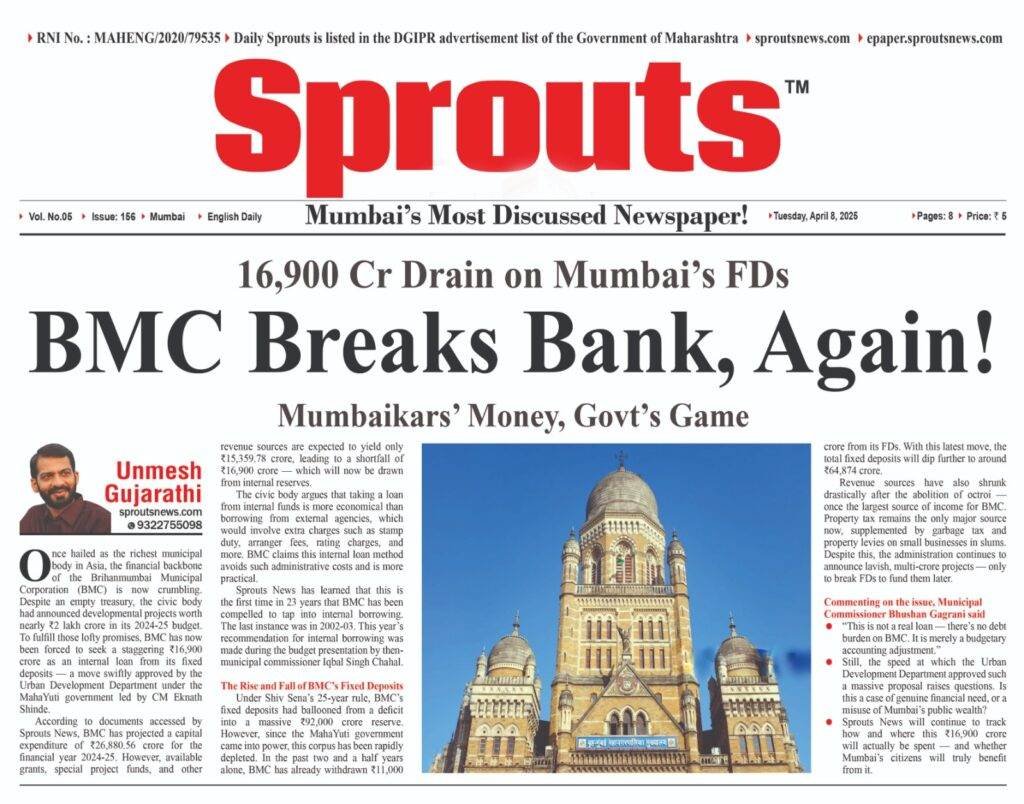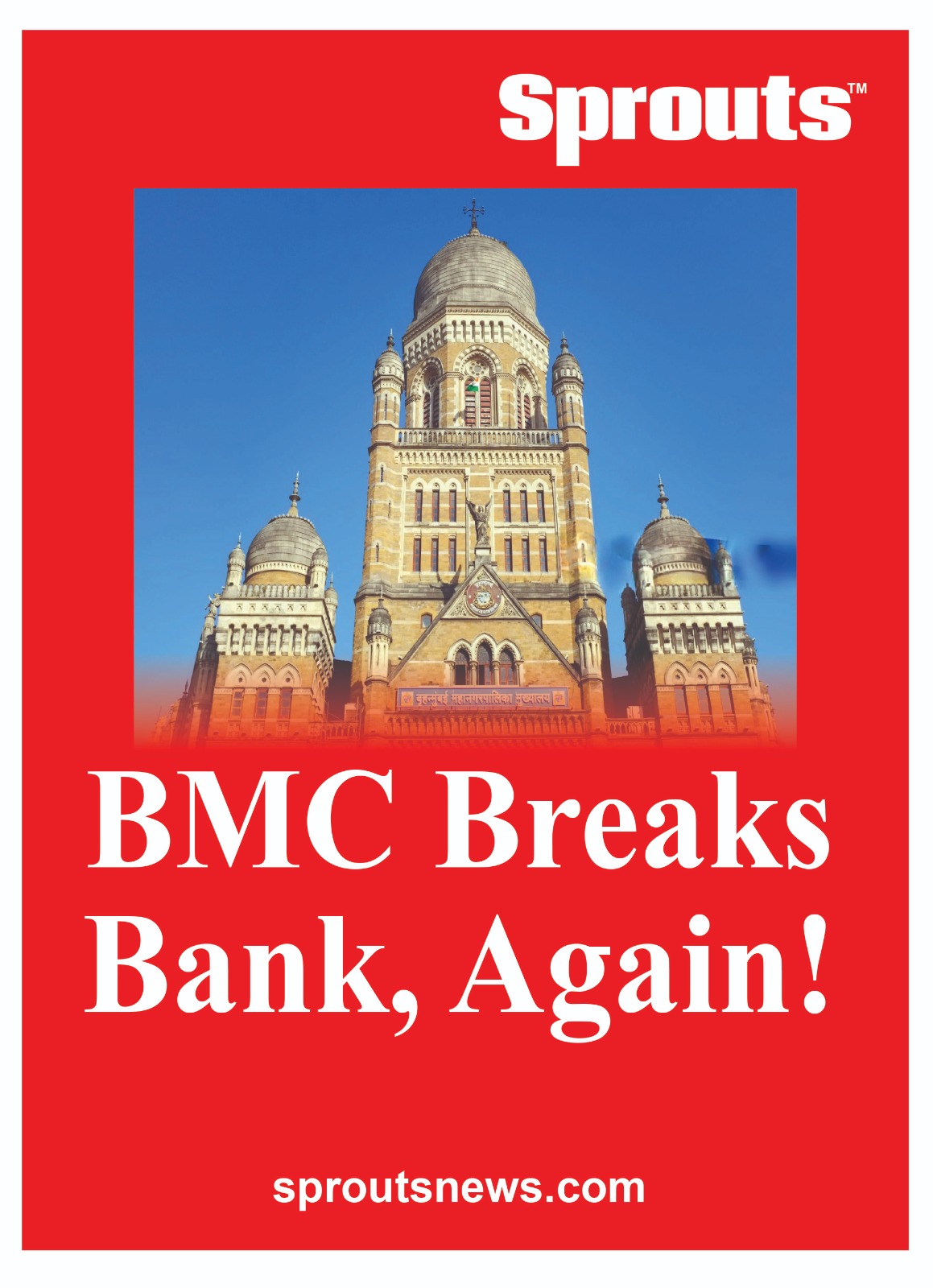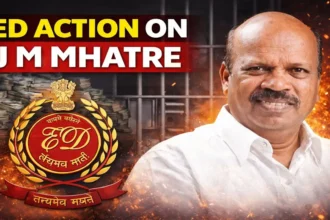BMC Breaks Bank, Again!
• 16,900 Cr Drain on Mumbai’s FDs
• Mumbaikars’ Money, Govt’s Game
Unmesh Gujarathi
Sprouts News Exclusive
Once hailed as the richest municipal body in Asia, the financial backbone of the Brihanmumbai Municipal Corporation (BMC) is now crumbling. Despite an empty treasury, the civic body had announced developmental projects worth nearly ₹2 lakh crore in its 2024-25 budget. To fulfill those lofty promises, BMC has now been forced to seek a staggering ₹16,900 crore as an internal loan from its fixed deposits — a move swiftly approved by the Urban Development Department under the MahaYuti government led by CM Eknath Shinde.
According to documents accessed by Sprouts News, BMC has projected a capital expenditure of ₹26,880.56 crore for the financial year 2024-25. However, available grants, special project funds, and other revenue sources are expected to yield only ₹15,359.78 crore, leading to a shortfall of ₹16,900 crore — which will now be drawn from internal reserves.
The civic body argues that taking a loan from internal funds is more economical than borrowing from external agencies, which would involve extra charges such as stamp duty, arranger fees, rating charges, and more. BMC claims this internal loan method avoids such administrative costs and is more practical.
Sprouts News has learned that this is the first time in 23 years that BMC has been compelled to tap into internal borrowing. The last instance was in 2002-03. This year’s recommendation for internal borrowing was made during the budget presentation by then-municipal commissioner Iqbal Singh Chahal.
Also Read: Krishvi Escape: A Tale of Deceit and Corruption
• The Rise and Fall of BMC’s Fixed Deposits
Under Shiv Sena’s 25-year rule, BMC’s fixed deposits had ballooned from a deficit into a massive ₹92,000 crore reserve. However, since the MahaYuti government came into power, this corpus has been rapidly depleted. In the past two and a half years alone, BMC has already withdrawn ₹11,000 crore from its FDs. With this latest move, the total fixed deposits will dip further to around ₹64,874 crore.
Revenue sources have also shrunk drastically after the abolition of octroi — once the largest source of income for BMC. Property tax remains the only major source now, supplemented by garbage tax and property levies on small businesses in slums. Despite this, the administration continues to announce lavish, multi-crore projects — only to break FDs to fund them later.
Commenting on the issue, Municipal Commissioner Bhushan Gagrani said,
“This is not a real loan — there’s no debt burden on BMC. It is merely a budgetary accounting adjustment.”
Still, the speed at which the Urban Development Department approved such a massive proposal raises questions. Is this a case of genuine financial need, or a misuse of Mumbai’s public wealth?
Sprouts News will continue to track how and where this ₹16,900 crore will actually be spent — and whether Mumbai’s citizens will truly benefit from it.


















